Hands on: Samsung D8000 plasma series review
And you thought plasma technology was on its way out
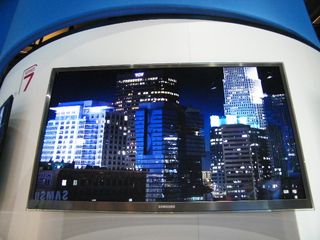
After Pioneer announced through teary eyes that it was no longer supporting plasma TV technology, three main players were left in the market: LG, Panasonic and Samsung.
While there's been numerous talk that plasma was an aged format that was destined for the scrapheap, the technology has flourished in the era of 3D.
Because of this Samsung has announced more lines than even of plasma TVs, with the pick of the crop being the plasma D8000.
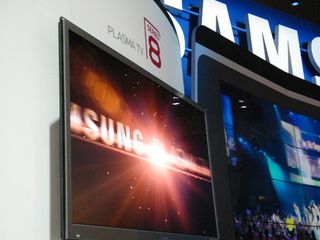
The D8000 Series is a Full HD panel that has a similar metallic bezel seen on last year's C9000, but it is now much thinner.
This means that Samsung has managed to eke an extra inch out of the TVs (calling it Plasma+1) without compromising on panel size. This means that sizes are now rather unusual, so instead of 50 inches, you have 51-inch panels and so on.
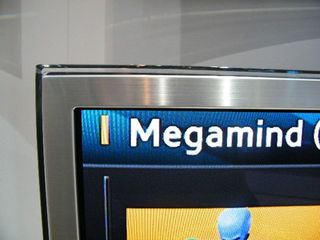
The D8000 plasma uses Real Black Filter technology that reduces on-screen glare and Samsung's HyperReal engine is also onboard, as is Cinema Smooth technology.
Both of these technologies iron out any wrinkles in Blu-ray playback.
Get daily insight, inspiration and deals in your inbox
Get the hottest deals available in your inbox plus news, reviews, opinion, analysis and more from the TechRadar team.
Like the LED screens, Samsung is utilising new slimmer-designed active shutter glasses for use with the D8000.
These glasses use Bluetooth instead of infrared and, because of this, there are fewer problems. Battery time is a very reasonable 40+ hours.
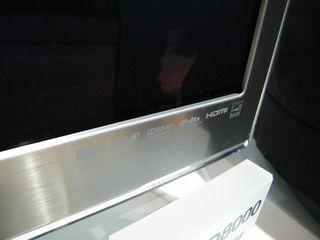
In addition to 3D capabilities there's also Samsung's Smart Hub on board. In-built Wi-Fi means you can connect to Samsung's new and improved UI, and watch on-demand movies, handle your social networking and download an app or two to use.
There is also DLNA on-board, so you can hook up compatible devices to the TV.
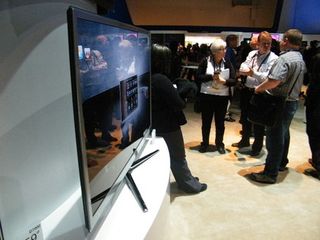
Samsung looks like it's keeping the plasma dream alive with the Samsung D8000. Plasma technology has some of the biggest die-hard fans in technology, and the D8000 looks like it caters for their every need.
Marc Chacksfield is the Editor In Chief, Shortlist.com at DC Thomson. He started out life as a movie writer for numerous (now defunct) magazines and soon found himself online - editing a gaggle of gadget sites, including TechRadar, Digital Camera World and Tom's Guide UK. At Shortlist you'll find him mostly writing about movies and tech, so no change there then.
Most Popular


